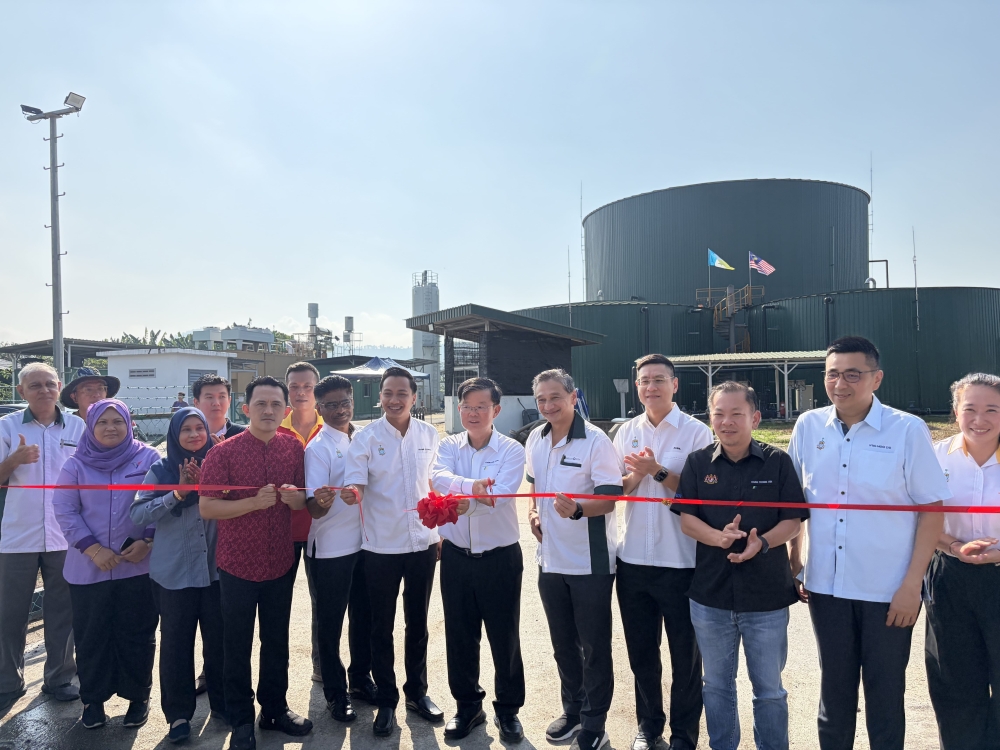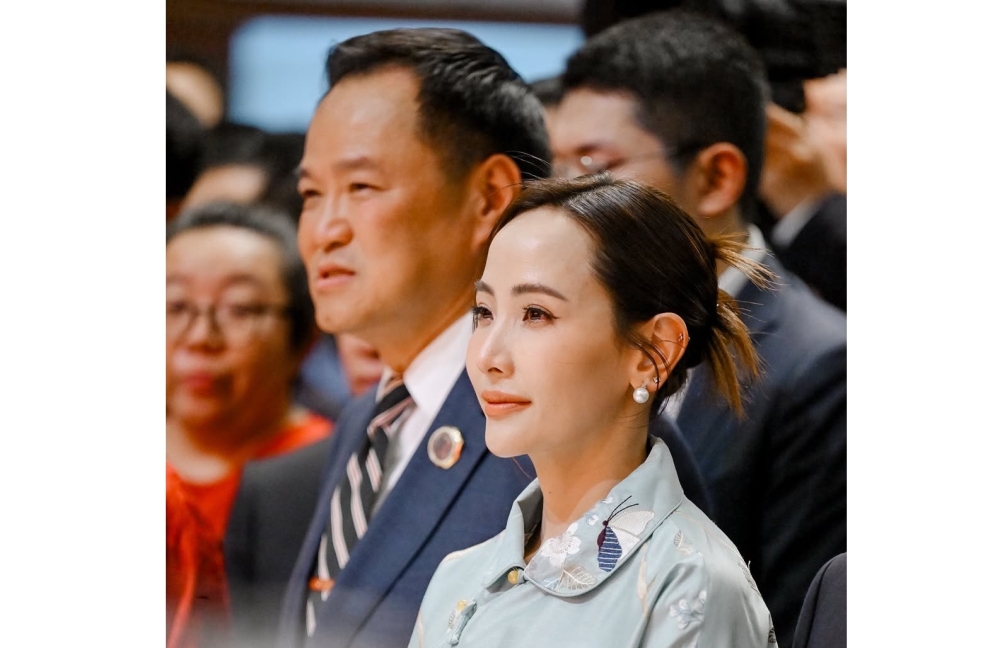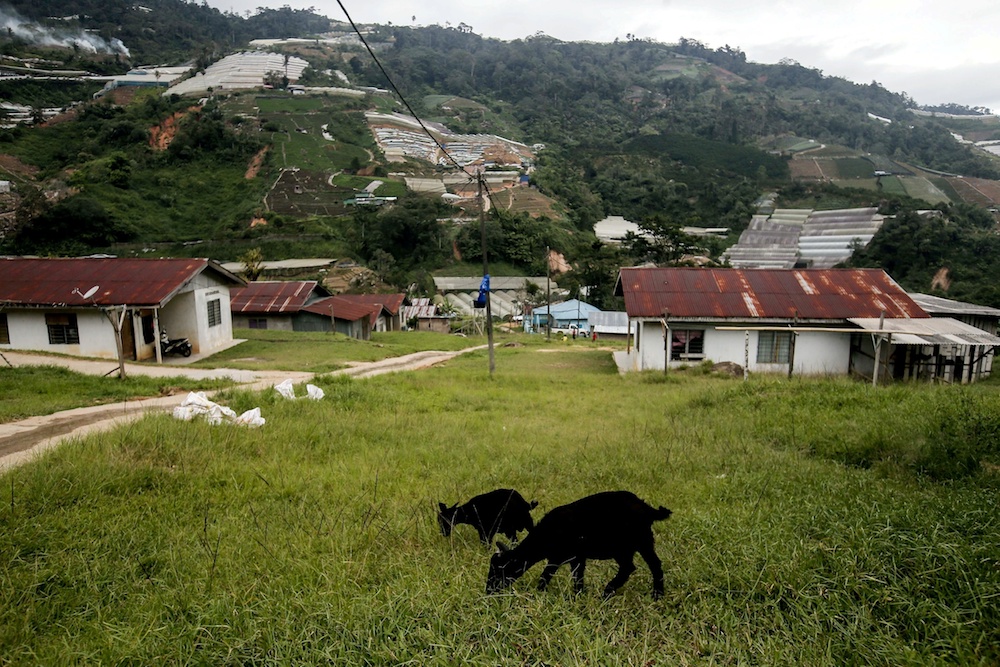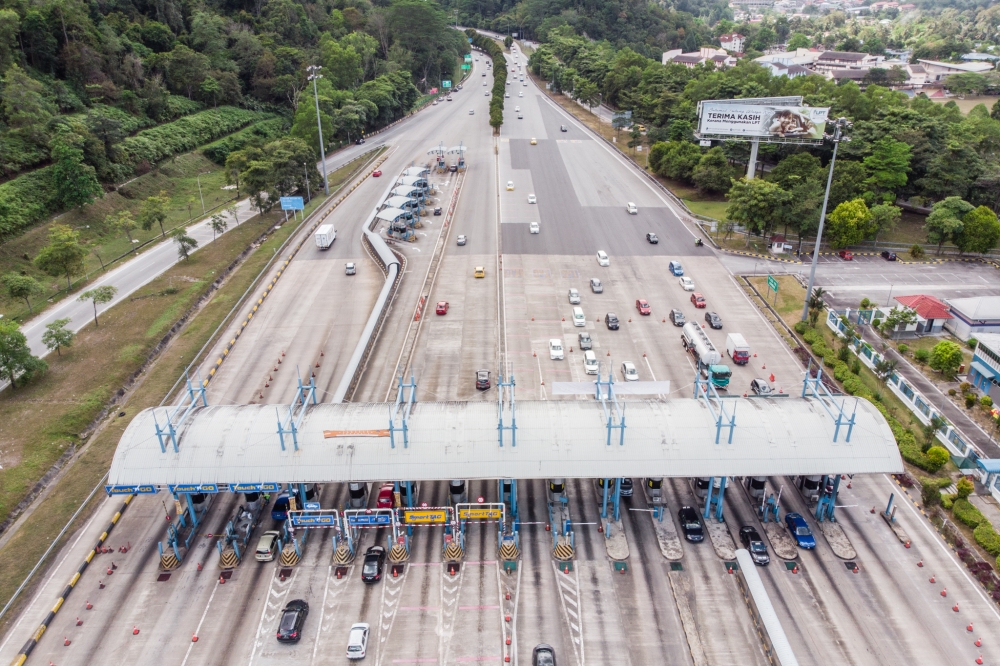KUALA LUMPUR, July 13 — An increasing number of susceptible Orang Asli women have fallen for foreign men who marry them as a way to gain quick and easy access to federal financial aid intended to uplift the indigenous community, Berita Harian reported today.
The Malay daily also reported that such foreigners exploit their marital ties for business licences to farm the land owned by these Orang Asli, but abandon their wives and children after reaping the benefits — resulting in the cycle of socio-economic dilemma for one of the country’s most marginalised groups.
“When the foreigners return to their home countries, the children born from the relationship with Orang Asli women are left behind without any proper identification or citizenship status which creates difficulties in their enrolment in public schools apart from being deemed foreigners themselves, which is what happened at the resettlement scheme in Rompin Pahang,” an unnamed source was quoted as saying.
The source claimed that the foreigners would use their wives’ names to apply for business licences, taking advantage of the government’s initiatives to help make life easier for the Orang Asli in their new settlements.
The Orang Asli village head at one such settlement in Kampung Pos Terisu, Cameron Highland — home to roughly 1,100 Orang Asli from the Semai tribe — reportedly affirmed the source’s assertion.
Jaafar Timor, 48 said marriages between foreigners and Orang Asli women were becoming more common.
He told Berita Harian that single Orang Asli women were charmed by the foreigners who brought them gifts and agreed to marriage or co-habitation.
Jaafar said there were eight such couples in his village at present.
He related that the Orang Asli women who married foreigners insist that their marriage is based on mutual affection.
“Even if the man says he does not have a wife back home, we do not know the truth,” Jaafar was quoted as saying.
Berita Harian reported that Cameron Highlands, the country’s vegetable garden, has 27 Orang Asli settlements with a population close to 7,000 people.
Sungai Buloh Orang Asli village management community council head Hanim Apeng also acknowledged that intermarriage between the native women and non-Malaysian men was an issue, but claimed the authorities did not take the matter seriously.
She said that not addressed properly, such marriages could jeopardise the rights of the community as a whole.



















